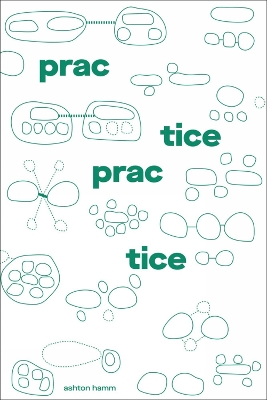The business of architecture - shaped by anti-trust legislation and pro-corporate governmental policies - has created an extractive, inequitable, and precarious environment for its practitioners. These pressures have led many small firms, which make up roughly three quarters of architecture offices in the United States, to adopt diverse, ad-hoc organisational and survival strategies. In their very precarity, these small firms offer fertile grounds to test more resilient structures. One such model, the worker cooperative, offers a critical mode of practice that is equitable, democratic, and addresses the systemic inequalities that plague the profession.
Practice Practice addresses the parallel trajectories of cooperatives in the United States and the professionalisation of architecture. This contextual background highlights the coincident struggles of the labour movement and the emergence of the architectural corporation. Within this context, the cooperative model is presented as a challenge to the prevailing conditions of the profession. Logistical frameworks for creating an architectural cooperative - including diagrams, sample operating agreements, and bylaws - are offered for any firm looking to transition or incorporate anew. The book projects the social, economic, and aesthetic benefits of the architectural cooperative by taking stock of cooperatives in other industries. Finally, Practice Practice presents a vision for a cooperative network of small architecture firms as imagined in collaboration with the Architecture Lobby.
This book situates, celebrates, and envisions a future for small firms. Throughout the book, interviews, office visits, site visits, and field notes document encounters with over twenty such firms. These offices demonstrate the subversive agency harnessed by small firms. If the cooperative model were to infiltrate such sites, the nature of practice and industry would transform. Built work would reflect ever more diverse sensibilities, minority workers' voices would be uplifted, and workers would earn equity through ownership. Architects would enter the solidarity economy, transforming their communities.
- ISBN10 1951541952
- ISBN13 9781951541958
- Publish Date 12 September 2022
- Publish Status Forthcoming
- Publish Country US
- Imprint Oro Editions
- Format Paperback (US Trade)
- Pages 120
- Language English
